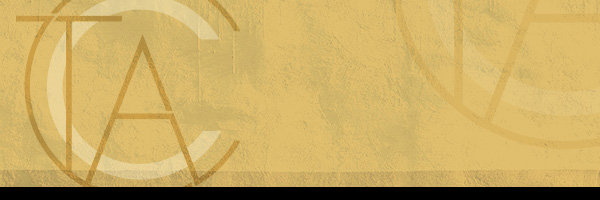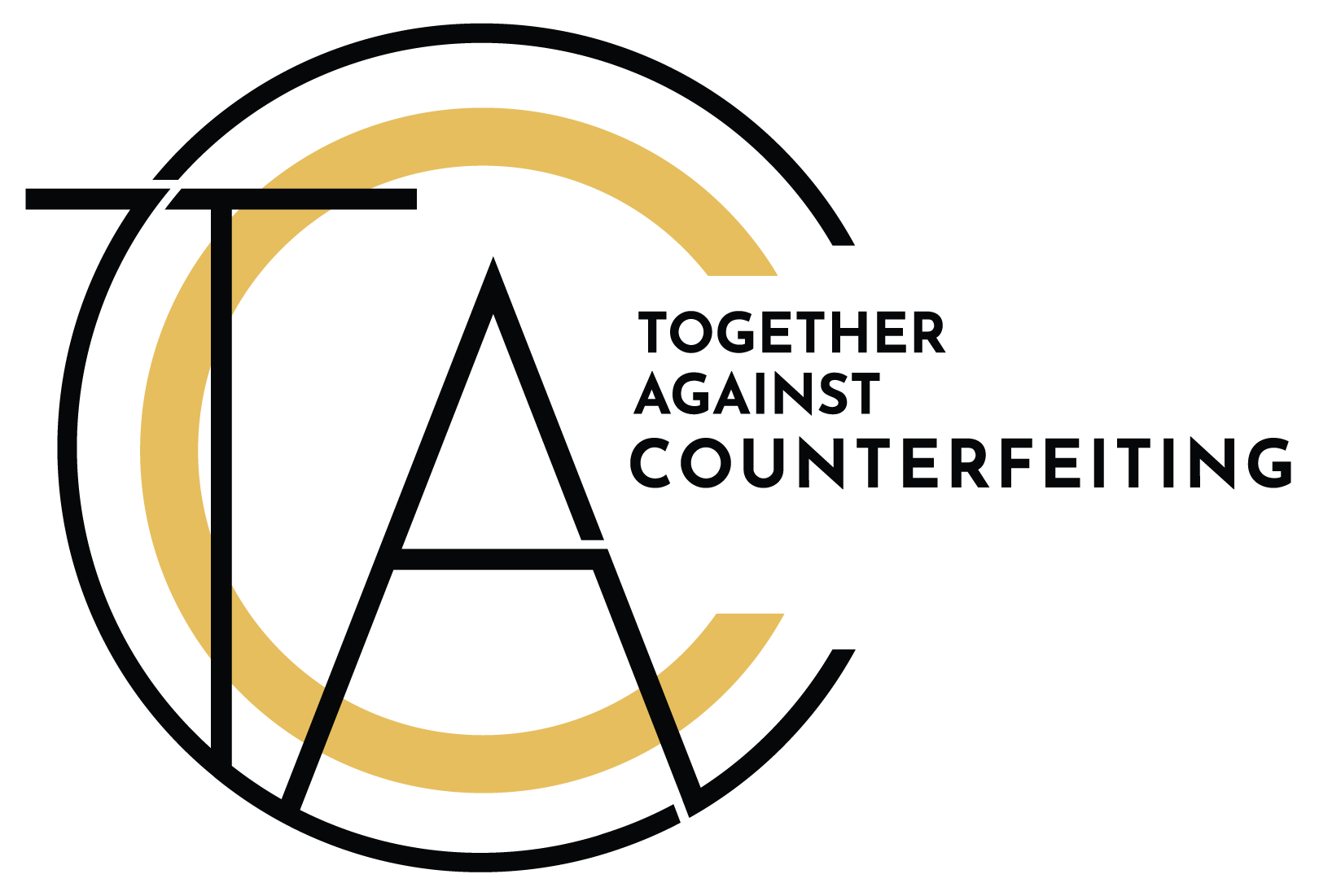Together Against Counterfeiting Alliance says DSA should allow removal of counterfeits on all types of online platforms, not just marketplaces
Together Against Counterfeiting Alliance says DSA should allow removal of counterfeits on all types of online platforms, not just marketplaces

The Together Against Counterfeiting (TAC) Alliance, which brings together nearly 100 companies across all industrial sectors and over 20 trade associations and NGOs, welcomes the European Parliament’s Committee on the Internal Market and Consumer Protection (IMCO) draft report on the Digital Services Act (DSA). Its high level of ambition in tackling illegal goods on online marketplaces and protecting consumers is a very positive step forward. However, counterfeiting is not just a mere “marketplace” issue and we call on policymakers to adopt similar measures for other types of platforms, to be able to remove counterfeits anywhere they occur.
TAC members are encouraged to see Ms. Schaldemose’s strong ambition to protect consumers from illegal and unsafe products. This issue is paramount to solve, as online counterfeiting continues to put European consumers’ health and safety at risk and undermine their trust. A EUIPO study found for example that 97% of recorded dangerous counterfeit goods were assessed as posing serious risks (injuries, exposure to hazardous chemicals, electric shock, fire, etc).
However, there seems to be a discrepancy between the scope of such obligations and the reality of how counterfeiting spreads on the Internet today. While illegal goods can be found on online marketplaces, they are also significantly sold and promoted through other channels, including social media, messaging apps, but also advertising on platforms or search engines. It is estimated that social media, including through promoted content, is responsible for approximatively 40% of counterfeit sales in Europe[1].
If the DSA obligations remain limited to pure online marketplaces, as the report proposes, counterfeiters will still be able to operate by moving from one platform to the other, and consumers will continue being misled into buying fake goods. Services online evolve extremely quickly, with search engines moving to social media, social media increasingly focused on commerce, and online marketplaces becoming advertising platforms.
With this in mind, we would like the following provisions to be considered by the European Parliament and the Council in the forthcoming negotiations:
- The best effort requirement to prevent already removed illegal content from reappearing, as proposed by Ms. Schaldemose in Article 14, should be extended to all hosting service providers.
- Individual brands should also be eligible to the status of trusted flagger, as they are the best placed to assess the validity of their IP rights.
- Risk assessment and mitigation measures should not only apply to very large online platforms, but to all online platforms, as these measures are proportionate to their size.
- The provision on intermediaries’ voluntary measures should be clarified and limited in scope, to avoid creating an unnecessarily broad protection for platforms.
- To build on the strong safeguards introduced by Ms. Schaldemose in her report, transparency and information requirements for online platforms should also include an obligation for platforms to inform consumers when they have been exposed to illegal goods.
While the IMCO Committee’s draft report on the DSA proposal is a step in the right direction towards safeguarding consumers from harmful goods on the internet, it is crucial the DSA allows to identify and remove counterfeit goods wherever they occur. Only by doing so will the EU set the global standard for consumer protection in the online space.
More information can be found in our position paper here.
[1] For example, a study from Red Points estimated social media were responsible for more than 50% of counterfeit cosmetics sales: https://www.cosmeticsbusiness.com/news/article_page/Social_media_now_contributes_to_50_of_counterfeit_cosmetics_sales/143579
***
The Together Against Counterfeiting (TAC) Alliance brings together almost 100 companies from all industrial sectors, with the support of over 20 trade associations and NGOs. Our purpose is to raise awareness about the impact of the worrying growth of counterfeiting and push for the adoption of immediate, horizontal and ambitious legislative solutions at European level.
Press contact:
Thomas Barros-Tastets
Mob: + 32 484 66 01 90 ; [email protected]
Maïssane Lahmar-Savage
Mob: +32 477 98 31 88 ; [email protected]
